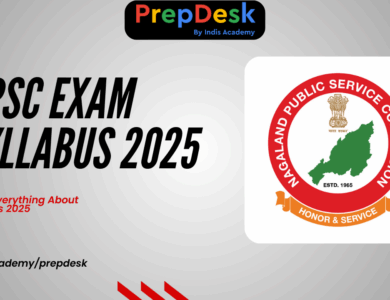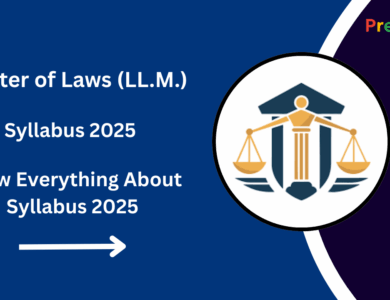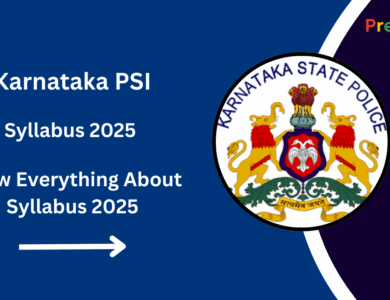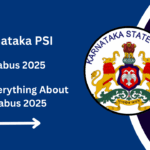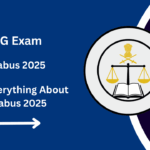UPSC CSAT 2025 Syllabus – Complete Guide to GS Paper 2 Topics
Get a complete guide to the UPSC CSAT 2025 syllabus, detailing the topics included in GS Paper 2. Understand the structure, marking scheme, and key areas like Comprehension, Reasoning, and Mathematics to plan your study schedule effectively.
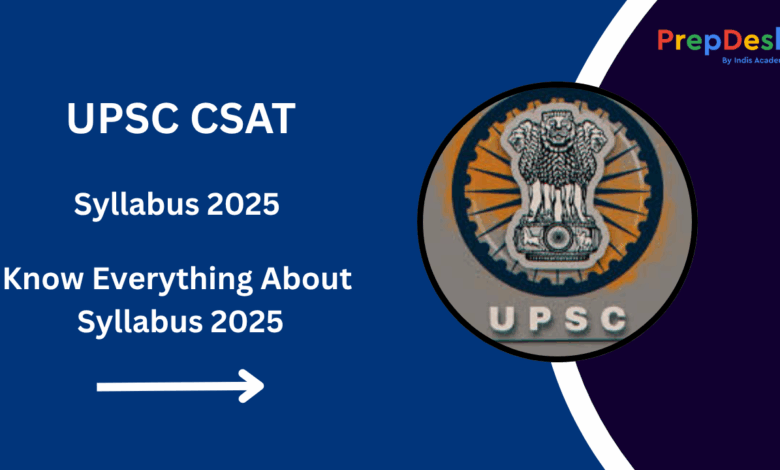
The UPSC Civil Services Aptitude Test (CSAT) is Paper-II of the UPSC Preliminary Examination. It is also known as General Studies Paper 2 (GS Paper 2). This paper tests the candidate’s aptitude in comprehension, reasoning, communication, basic numeracy, decision making, and problem-solving skills.
CSAT is a qualifying exam where candidates must score at least 33% to qualify. Though its marks don’t count toward the final ranking, clearing CSAT is mandatory to proceed further in the UPSC Civil Services Examination.
This guide provides the complete syllabus including detailed topics of CSAT (GS Paper 2), marks distribution, recommended books, preparation tips, and a downloadable syllabus PDF.
UPSC CSAT: Exam Overview
| Parameter | Details |
|---|---|
| Exam Name | UPSC Civil Services Aptitude Test (CSAT) / GS Paper 2 |
| Conducting Body | Union Public Service Commission (UPSC) |
| Exam Type | Objective (Multiple Choice Questions) |
| Total Questions | 80 |
| Total Marks | 200 |
| Duration | 2 Hours |
| Minimum Qualifying Marks | 33% (Approx. 66 Marks) |
| Language | English and Hindi |
| Purpose | Qualifying Paper for UPSC Prelims |
Complete UPSC CSAT Syllabus: Subjects, Topics & Description
| Subject / Area | Topics Covered | Description |
|---|---|---|
| Comprehension | Reading comprehension, main ideas, inference, vocabulary, summarizing | Ability to understand, interpret, and analyze passages; infer meaning and summarize content. |
| Interpersonal Skills & Communication | Verbal/non-verbal communication, emotional intelligence, teamwork, leadership, conflict resolution | Tests communication effectiveness, emotional management, teamwork spirit, leadership, and negotiation. |
| Logical Reasoning & Analytical Ability | Series completion, analogies, coding-decoding, blood relations, direction sense, syllogisms, puzzles, seating arrangement, statements & conclusions | Evaluates logical thinking, pattern recognition, analytical puzzles, and deductive reasoning skills. |
| Decision Making & Problem Solving | Situational judgment, ethical dilemmas, case studies, problem analysis, decision-making skills | Measures ability to solve real-life administrative/ethical problems and make sound decisions. |
| Basic Numeracy | Number systems, simplification, ratio & proportion, percentage, profit & loss, interest, time & work, speed & distance, averages, mixtures & allegations | Tests fundamental math skills required for data handling and financial calculations. |
| Data Interpretation | Tables, bar charts, pie charts, line graphs, data sufficiency | Ability to analyze and interpret statistical data presented in various graphical/tabular forms. |
| General Studies Paper 2 (GS Paper 2) Topics | Governance, Constitution, Polity, Social Justice, International Relations |
|
Topic-wise Questions and Marks Distribution
| Topic | No. of Questions | Marks (Out of 200) | Description |
|---|---|---|---|
| Comprehension | 15 | 37.5 | Understanding and analyzing written passages. |
| Interpersonal Skills & Communication | 5 | 12.5 | Testing communication and emotional intelligence. |
| Logical Reasoning & Analytical Ability | 15 | 37.5 | Logical puzzles, coding-decoding, and analytical reasoning. |
| Decision Making & Problem Solving | 5 | 12.5 | Situational judgment and ethical case studies. |
| Basic Numeracy | 20 | 50 | Arithmetic and quantitative problems. |
| Data Interpretation | 20 | 50 | Graphs, charts, and data analysis. |
| General Studies Paper 2 (Governance, Polity, Social Justice, IR) | 10-15 (approx.) | Not separately marked | Usually integrated in prelims Paper 1; candidates should be aware of these topics for mains and interview. |
Recommended Books for UPSC CSAT & GS Paper 2 Preparation
| Book Title | Author / Publisher | Use Case |
|---|---|---|
| Indian Polity | M. Laxmikanth | Detailed coverage of Constitution and governance |
| Governance in India | Indian Polity by Laxmikanth (selected chapters) | Focus on governance and social justice |
| CSAT Paper 2 Manual | Tata McGraw Hill | Comprehensive CSAT syllabus guide |
| Indian Economy | Ramesh Singh | Development and welfare schemes understanding |
| Quantitative Aptitude for Competitive Exams | R.S. Aggarwal | Basic numeracy and arithmetic practice |
| UPSC Previous Year Question Papers | UPSC Official Archive | Real exam pattern and question types |
UPSC CSAT & GS Paper 2 Syllabus PDF Download
Access the official UPSC CSAT syllabus PDF here:
Preparation Tips for UPSC CSAT (GS Paper 2)
- Get familiar with the exam pattern and syllabus, especially the qualifying nature of CSAT.
- Strengthen basics by studying NCERT books (Class 6-10) for maths and reasoning.
- Read newspapers daily to improve comprehension and awareness of governance and polity.
- Practice previous years’ papers and take mock tests for speed and accuracy.
- Focus on logical reasoning and decision-making case studies regularly.
- Revise Indian polity and governance topics thoroughly from recommended books.
- Time management during practice is key for completing the paper.
- Maintain accuracy to avoid negative marking penalties.
Conclusion
The UPSC CSAT (GS Paper 2) plays a crucial qualifying role in the civil services exam. Thorough preparation on comprehension, reasoning, numeracy, and governance-related topics is essential to clear this stage confidently.
By following a structured preparation plan, practicing regularly, and understanding key governance concepts, you will be well-positioned to succeed in UPSC prelims and move closer to your dream of serving in India’s civil services.
For personalized study plans or mock test series on CSAT and GS Paper 2, feel free to ask!

